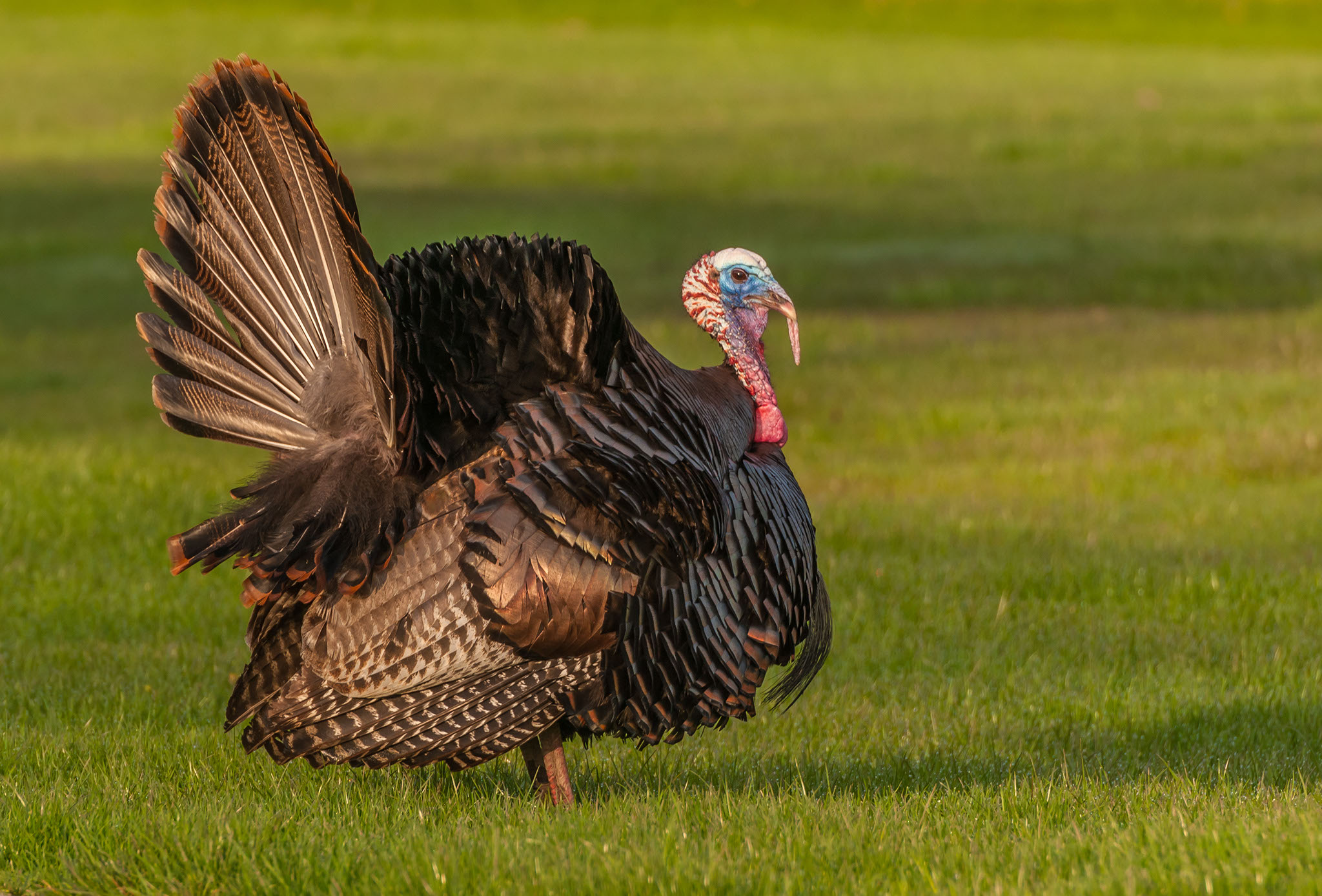
Highly Pathogenic Avian Influenza (HPAI), first confirmed in Ontario in a red-tailed hawk found in the Region of Waterloo in late March, will likely become more widespread, according to the Canadian Wildlife Service (CWS).
As of early April, it has already been confirmed in poultry flocks in 10 regions, from southwestern Ontario to east and north of the GTA. At press time, the CWS characterized the situation as “evolving rapidly” and said it expects to see more confirmed cases over the following weeks.
But though the virus’ potentially devastating impact on farm-raised poultry is the primary concern, hunters should also be aware of how it might affect them and how they can help.
“The spread of HPAI is of concern to the Ontario Federation of Anglers and Hunters (OFAH) because it affects both domestic and wild birds. While the risk to humans is low, we want to ensure hunters are aware of the situation and know how to reduce their own risk. As always, we highly encourage hunters to report sick, strange-acting, or dead birds to the Canadian Wildlife Health Cooperative,” said OFAH Wildlife Biologist Dr. Keith Munro.
What is avian influenza?
Avian influenza virus is a contagious viral infection that affects domestic and wild birds. Many strains occur naturally in wild birds and circulate in migratory populations. Avian influenza virus is designated HPAI when it has characteristics that cause mass disease and mortality in infected susceptible poultry.
Wild and domestic birds can become infected when they are in contact with saliva, nasal secretions, or feces of infected birds, or through indirect contact with contaminated surfaces and substrates.

The wild bird’s role
The CWS reported that wild birds likely play a key role in the epidemiology and spread of HPAI (both over long distances and locally).
HPAI viruses have infected more than 100 species of wild birds worldwide, but infections are most common among water birds such as ducks, geese, swans, gulls, and shorebirds, which are considered the natural reservoir for avian influenza viruses. Most wild birds infected with HPAI remain asymptomatic, but mortality events involving wild birds have resulted from this strain.
While the risk of human infection with avian influenza viruses is low, individuals who work with wild birds should adhere to public health guidance regarding appropriate personal protective equipment (PPE) and additional personal safety measures. Likewise, hunters should, according to the CWS, take precautions.
Precautions for hunters
The Government of Canada advises to avoid hunting game birds (including wild turkey) and waterfowl in areas where an avian influenza outbreak has been reported.
These areas can be found here.
Also, before the hunt, check that conditions in your area have not changed.
Other recommended precautions from the Public Health Agency of Canada (PHAC) include:
- Do not handle or eat sick birds or birds that have died from unknown causes.
When handling or cleaning game:
- Avoid direct contact with blood, feces, and respiratory secretions of all wild birds.
- Always work in a well-ventilated environment.
- Also, if working outdoors, try to stay upwind of birds to avoid inhaling dust, feathers and aerosols.
- Do not eat, drink, or smoke.
- Wear gloves (e.g. vinyl, latex, nitrile, rubber).
- Wash hands with soap and warm water immediately after you have finished. If you do not have access to water, use hand sanitizer or wipe with at least 60 percent alcohol.
- Keep young children and pets away from areas that could be contaminated.
- After you are done, thoroughly clean and disinfect tools and work surfaces with hot, soapy water and then use a household disinfectant.
- Immediately remove and wash clothing and footwear that may be contaminated with blood, feces, or respiratory secretions.
The PHAC advises that these precautions will protect your health and help prevent the spread of the virus to other birds and domestic poultry.
PHAC also advices anyone who get ill after handling a bird to see their doctor and inform them that you have been in contact with wild birds.
Cooking recommendations
According to the federal government, there is no evidence to suggest that properly cooked game birds are a source of avian influenza infection for people.
Cooking recommendations are as follows:
- Be sure to cook game meat thoroughly.
- Cook pieces and cuts to an internal temperature of 74°C (165° F).
- Cook whole birds to an internal temperature of 82°C (180° F).
Follow general safe food handling practices such as:
- Keeping raw meat separate from other food products to avoid cross contamination.
- Washing hands often, including before and after handling raw meat.
- Thoroughly cleaning contaminated tools and work surfaces with hot, soapy water and then using a household disinfectant.
How you can help
Hunters should also be aware that there have been no human cases of avian influenza resulting from exposure to wild birds in North America so far. Most human cases of avian influenza worldwide have resulted from close contact with infected poultry or their contaminated environments.






Leave A Comment